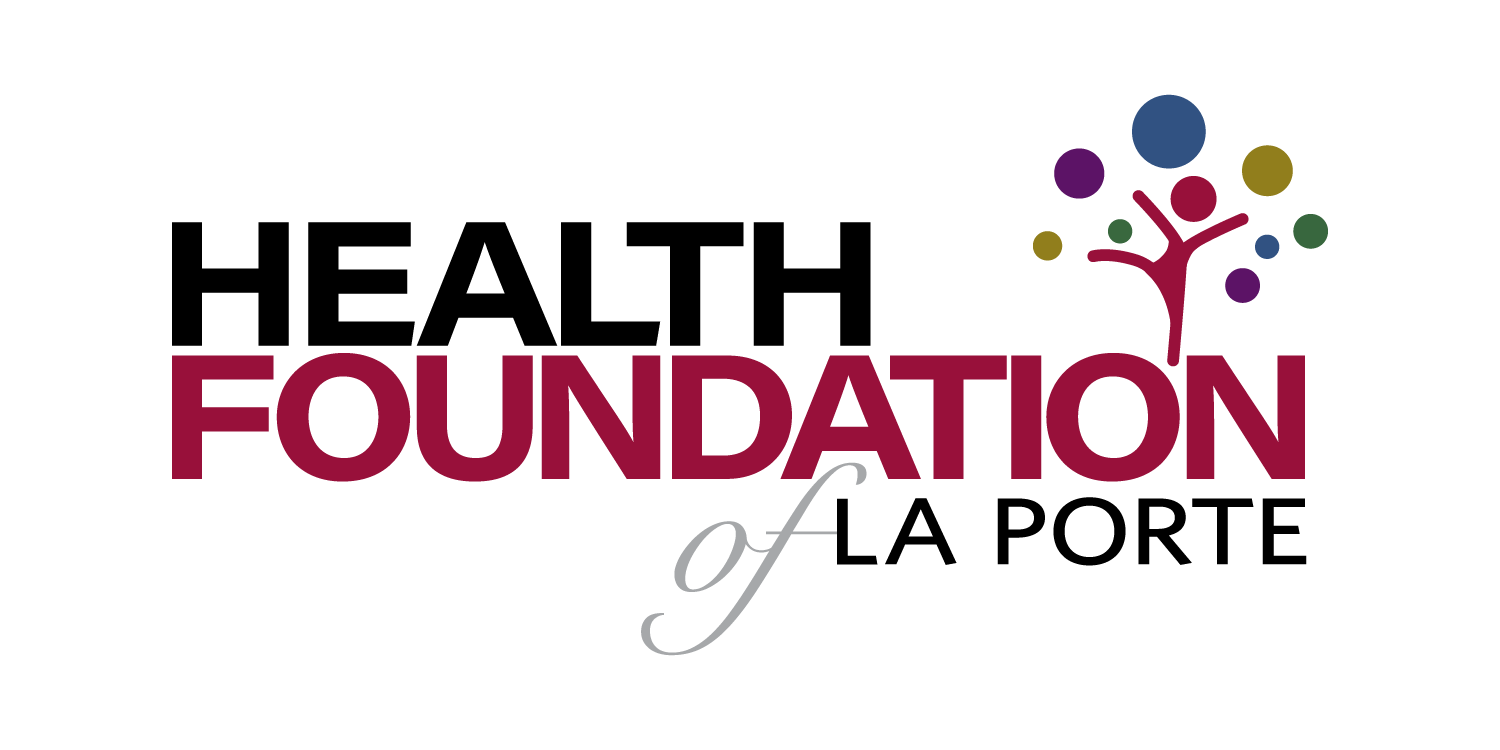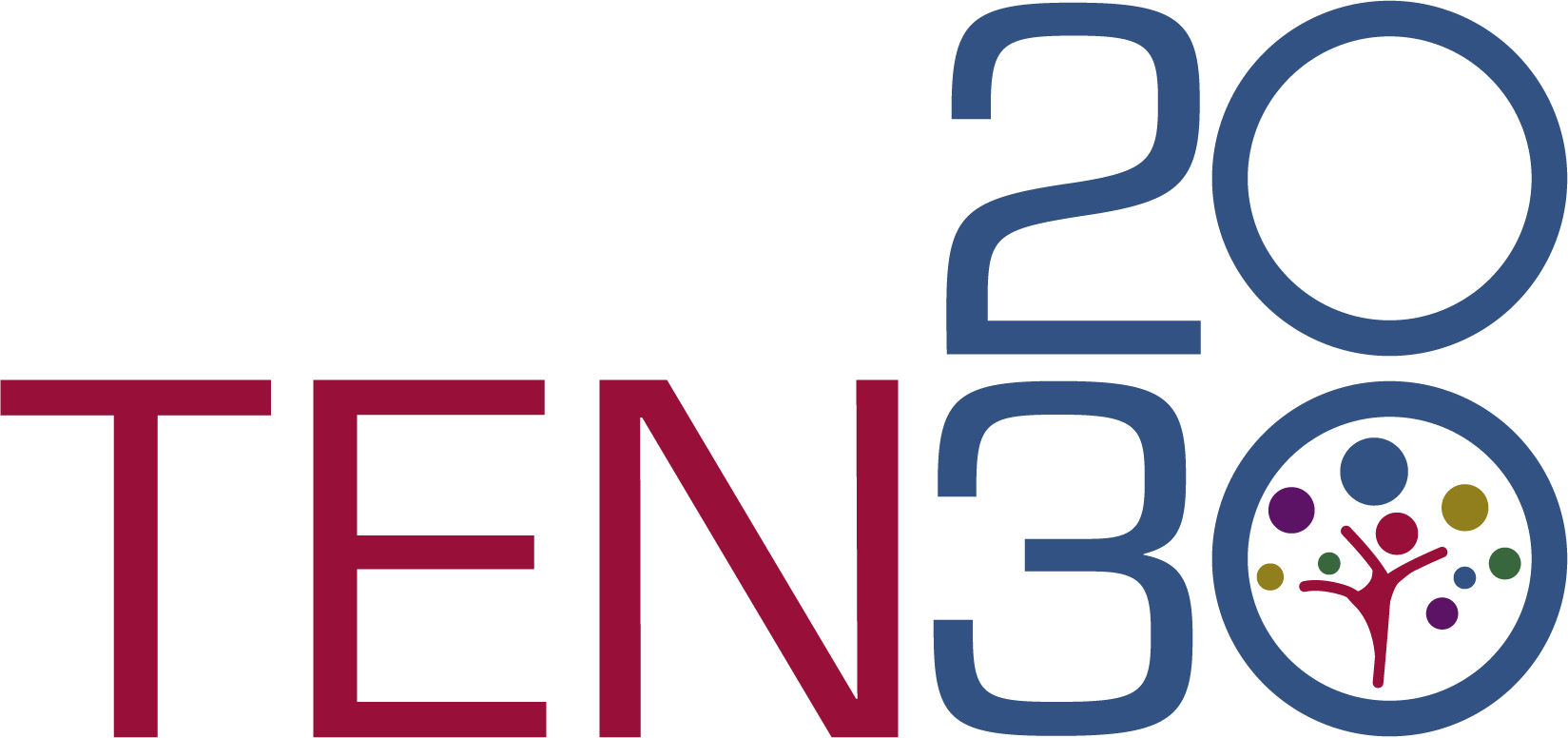Promising Practices
The Promising Practices database informs professionals and community members about documented approaches to improving community health and quality of life.
The ultimate goal is to support the systematic adoption, implementation, and evaluation of successful programs, practices, and policy changes. The database provides carefully reviewed, documented, and ranked practices that range from good ideas to evidence-based practices.
Learn more about the ranking methodology.
Filed under Evidence-Based Practice, Health / Prevention & Safety, Teens
Goal: The goals of the MCM are to provide a comprehensive and centralized concussion care program to 1) increase concussion awareness and identification through education and training; 2) facilitate the return to play decision with effective medical treatment, which includes baseline neurocognitive testing; and 3) implement a standardized concussion care protocol and concussion injury surveillance system to assist in the prevention of concussions, improve player safety, and limit school liability.
Impact: From the pilot evaluation of the model it was determined that the MCM model or a similarly designed one is effective in increasing the number of concussions identified, reported, and also treated at a clinic.
Filed under Good Idea, Health / Oral Health, Children, Families, Rural
Goal: The goal of Saving Smiles is to improve the oral health and in turn overall health of children in Lafayette County, especially for the poor and underserved.
Impact: Most students from the 11 participating schools in Lafayette County received a screening, fluoride varnish, and oral health education, and most of the children referred for dental care were seen by a dentist.
Filed under Effective Practice, Health / Oral Health
Goal: The goal of this program is to provide timely intervention and oral health service delivery to the stated population in order to reduce impact on local emergency departments and elevate the oral health care of Brevard's low-income citizens.
Filed under Evidence-Based Practice, Environmental Health / Toxins & Contaminants, Families
Goal: The Healthy Neighborhoods program seeks to reduce housing related illness and injury through prevention and education.
Impact: In the past five years, the HNP visited 31,000 homes with 85,000 residents, and provided the asthma intervention to 11,000 adults and children with asthma. The assessments created a valuable data set about the health effects of housing hazards.
Filed under Evidence-Based Practice, Health / Children's Health, Children, Families, Urban
Goal: Improve early identification of concerns and initiate interventions to improve the health, development and emotional wellness of children, newborn to age three.
Impact: HSFYC parents were less likely to use severe discipline (OR: 0.68) and more likely to negotiate with their child (OR: 1.20). HSFYC parents had greater odds of reporting a clinical or borderline concern regarding their child's behavior (OR: 1.35).
Filed under Good Idea, Community / Governance, Urban
Goal: The goal is to help prepare communities for earthquakes, fires, floods, terrorism, and other natural and man-made disasters.
Filed under Effective Practice, Environmental Health / Built Environment
Goal: The goal of this program is to help protect, restore, and conserve the air, water, land and ecosystem resources of Miami-Dade County.
Filed under Evidence-Based Practice, Community / Social Environment, Children, Families
Goal: Triple P aims to enhance the knowledge, skills, and confidence of parents to prevent behavioral, emotional, and developmental problems in children and prevent child maltreatment.
Impact: Triple P increased confidence in parenting ability and reduced the incidence of verified maltreatment among participants in the program.
Filed under Effective Practice, Health / Immunizations & Infectious Diseases, Teens, Adults, Urban
Goal: The goal of the program is to reduce the spread of STDs/STIs in high risk populations under 25 years old by decreasing the length of time from diagnosis to treatment.
Filed under Good Idea, Health / Oral Health, Children
Goal: The goal of the Early and Periodic Screening, Diagnosis and Treatment Exception to Policy program is to increase the amount of Medicaid-enrolled children who receive oral screenings and fluoride varnish applications.

